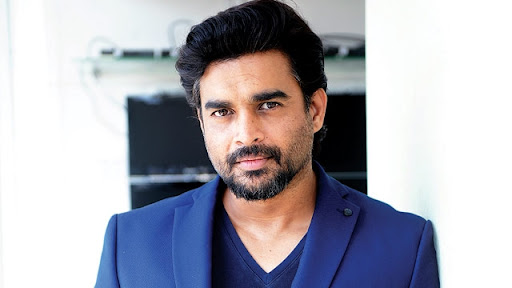
As discussions intensify around recent changes in the NCERT curriculum, actor R Madhavan has joined the conversation, raising a thought-provoking point about the representation of Indian history in school textbooks. He expressed concern over what he perceives as a disproportionate focus on certain dynasties, particularly the Mughals, while other equally significant empires like the Cholas receive far less attention.
Highlighting the need for a more balanced approach to teaching history, Madhavan questioned why there are reportedly eight chapters dedicated to the Mughal period, but only a single chapter discussing the achievements of the Chola dynasty. “Where is that part of our heritage?” he asked, suggesting that a large portion of South India’s rich and influential history has been overlooked in the national narrative taught to students.
The Chola Empire, known for its remarkable advancements in administration, architecture, and overseas trade, played a vital role in shaping Indian civilization. Madhavan’s remarks underline the broader concern that the current educational framework may not fully reflect the diverse and multifaceted legacy of the Indian subcontinent.
His comments come at a time when NCERT is facing criticism and scrutiny for changes to school history textbooks. Debates continue across academic, political, and public forums about which chapters to include or remove, and what narratives best represent India’s vast historical landscape.
Madhavan’s perspective echoes a growing sentiment that the stories of southern dynasties, including the Cholas, Cheras, and Pandyas, deserve more prominence in mainstream education. As this debate evolves, many are calling for a curriculum that acknowledges the richness of regional histories alongside the major northern empires, offering students a more inclusive understanding of India’s past.



